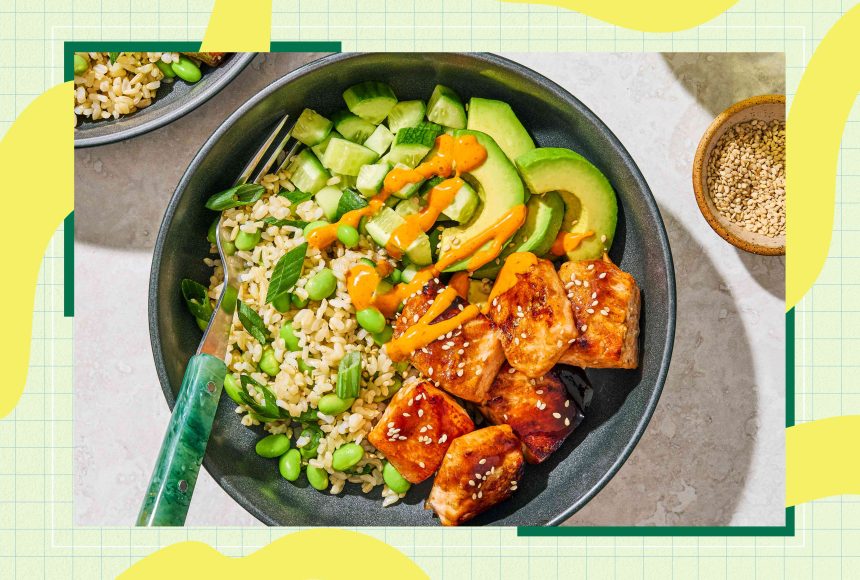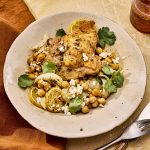Even just saying the words “kidney stones” can make people cringe, imagining the infamous pain these tiny mineral troublemakers can cause. Essentially, kidney stones are hard deposits made up of minerals and salts that form in your kidneys. If you’ve never had one, count your blessings. If you have, then you already know you’d do just about anything to avoid another visit from these sinister stones.
Now, while there’s no magic spell to guarantee you’ll be kidney-stone-free for life, there are a few lifestyle changes and dietary tweaks that might tip the odds in your favor. Enter the latest research finding: data published in Scientific Reports suggests that increasing niacin intake might help reduce the risk of developing kidney stones. This article will take a closer look at the details of this new research and explore what it means for you. By understanding these findings, you’ll gain insight into how you may have one more tool in the arsenal against those pebble-sized pains in the back.
How Was This Study Conducted?
Kidney stones are a common issue, affecting around 11% of certain populations in the United States. Niacin, also known as vitamin B3, is an important nutrient that the body needs to function properly. However, while niacin plays many crucial roles in the body, it is unclear if this nutrient impacts kidney stone risk.
This study looked at data from a large health survey called the National Health and Nutrition Examination Survey (NHANES) that took place from 2007 to 2018. Researchers evaluated what people ate over a 24-hour period to learn how much niacin they were consuming. They also asked participants if they had a history of kidney stones through a questionnaire.
To study the potential link between niacin intake and kidney stones, they used advanced statistical methods to analyze the data. The study included a total of 28,508 participants, making it a thorough investigation into whether niacin in your diet might affect kidney stone risk. The average age of the participants was a little over 47 years old.
What Did The Study Find?
After analyzing the data, researchers found that people who experience kidney stones often share certain characteristics. They are more likely to be men, older, white, have higher household incomes, smoke, exercise more and have a history of conditions like high blood pressure or diabetes. Interestingly, they also tend to consume less niacin through their diet.
When comparing those who ate the least niacin with those who ate the most, the latter group had about 22% lower chances of getting kidney stones. This benefit was particularly noticeable in people under the age of 60. Scientists also observed that the connection between niacin and kidney stone risk wasn’t entirely straightforward—it followed an “L-shaped” pattern, showing that even a modest increase in niacin intake seemed to help reduce the risk. These findings suggest that including more niacin-rich foods in your diet may make a difference in kidney stone risk reduction, especially for younger adults.
The author of this study suggests that while the reason why niacin may impact kidney stones remains unclear, one possible reason is because of its antioxidant and anti-inflammatory properties. Kidney stones often form from calcium crystals in a process that involves inflammation and oxidative stress, a condition where potentially harmful molecules, known as reactive oxygen species, may damage cells. Niacin has antioxidant properties that help fight these effects. Niacin may also support the health of mitochondria, the energy producers in cells, which may help prevent crystal buildup in the kidneys.
There are a few important limits to consider in the study. First, since it was cross-sectional, it means we can’t say for sure that eating more or less niacin is what causes changes in kidney stone risk. Cross-sectional studies capture data at a single point in time, making it difficult to establish cause-and-effect relationships.
Second, the researchers relied on participants to report their dietary habits and kidney stone history through questionnaires, so there’s always a chance that some details were misremembered. Also, certain specifics, like the exact makeup of the kidney stones, weren’t included in the database used. Lastly, eating habits can change over time, and since dietary information was recorded from 24-hour recalls, it might not represent long-term patterns. Despite these challenges, this study sheds light on how diet might help prevent kidney stones, but future studies are needed to further confirm these findings and understand the role of niacin.
How Does This Apply To Real Life?
If you’re someone who has experienced kidney stones (or you’d just like to avoid them), the findings of this study offer an intriguing slice of hope. It seems that niacin intake may play a role in reducing your risk of these painful deposits. While it’s not an excuse to go and raid your local supplement aisle just yet, it might be a good time to look at how much niacin you’re getting in your daily diet.
Of course, it’s not quite as simple as just sprinkling niacin over your dinner and declaring yourself invincible. Kidney stones can be caused by many factors—hydration levels, genetics and underlying health conditions can all influence your risk. This research doesn’t eliminate any of those factors, but it does suggest that niacin might be one part of a bigger puzzle.
Ultimately, it’s important to approach it with realistic expectations. You don’t need to overhaul your entire diet overnight or start obsessing over niacin levels. Small, thoughtful adjustments, like prioritizing foods rich in this nutrient while keeping up with other healthy habits, may make a meaningful difference over time. After all, when the alternative is potentially passing a kidney stone, any edge you can get is worth considering, right?
Here are some foods to focus on if you are trying to increase your niacin intake:
- Chicken Breast: A lean and versatile source of protein, chicken breast is packed with niacin to support your dietary needs. Try our Lemon Herb Roasted Chicken for a simple chicken dish.
- Tuna: Whether fresh or canned, tuna offers a robust amount of niacin alongside heart-healthy omega-3s. Our Tuna and White Bean Melt is a unique twist on a classic tuna-forward recipe.
- Turkey: Turkey, especially the light meat, is a low-fat option rich in niacin, making it a great choice for balanced meals. Opting for Slow-Cooker Turkey Thighs is a convenient way to make turkey tender and delicious.
- Peanuts: These convenient and tasty snacks are not only high in protein but also a great plant-based source of niacin. Rice Cakes with Peanut Butter is an easy peanut-forward snack to try.
- Mushrooms: Cremini and portobello mushrooms in particular are natural sources of niacin and bring a savory, earthy flavor to dishes. Easy Stuffed Mushrooms make for a delicious dish that includes mushrooms.
Other common sources of niacin include brown rice and salmon—so a simple rice bowl like our Crispy Salmon Rice Bowl is also a great way to add some niacin to your day. And though it seems like a simple solution, we wouldn’t recommend you take a niacin supplement without consulting with your healthcare provider. It’s always a good idea to speak with your doctor before adding a supplement to your routine.
The Bottom Line
While the science linking niacin intake to a reduced risk of kidney stones is still evolving, this research in Scientific Reports holds promise for anyone hoping to steer clear of these notorious nuisances. Incorporating niacin-rich foods into your diet might just be another step toward keeping your kidneys happy and healthy. But remember, no single nutrient is a cure-all. A balanced diet, proper hydration, and an awareness of individual risk factors are all essential pieces of the puzzle. And when it comes to kidney stones, it’s always better to prevent than to pass, right?








